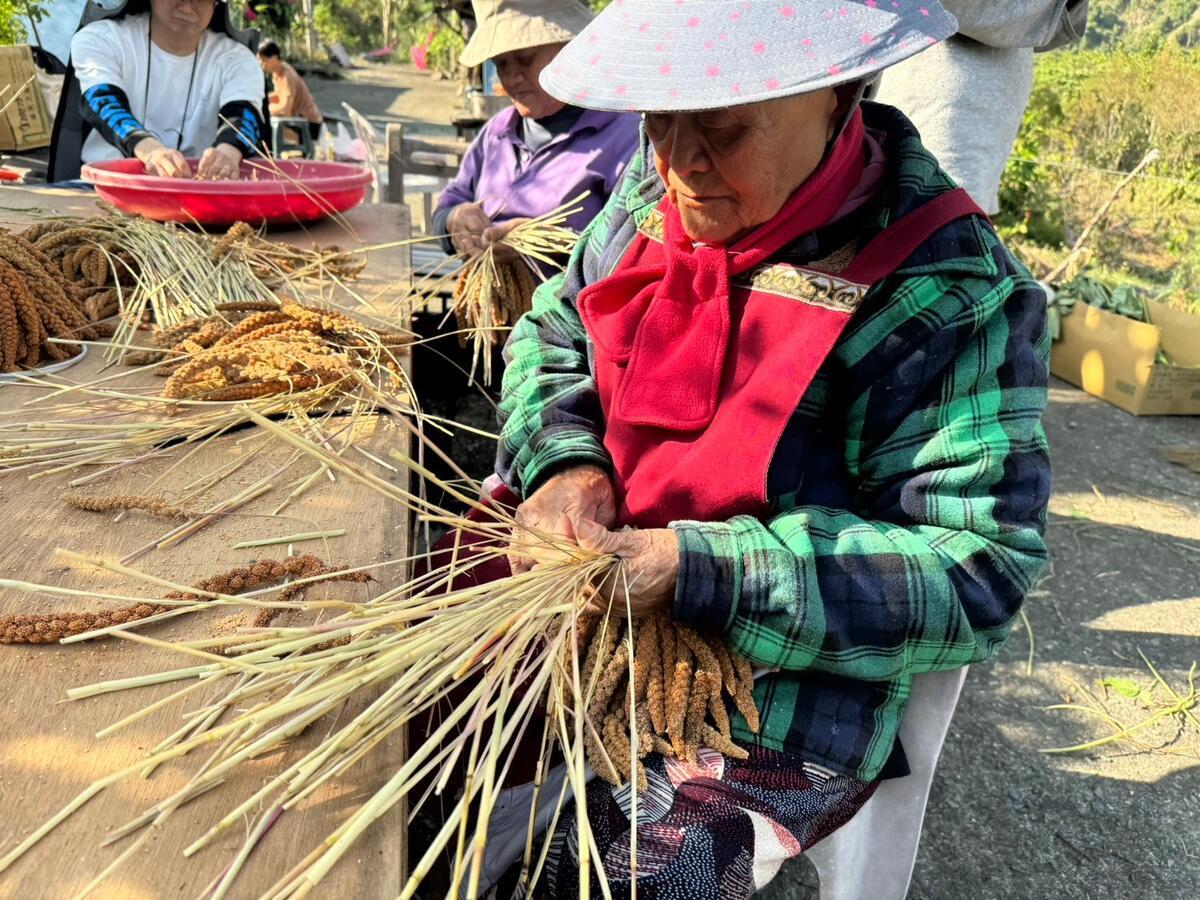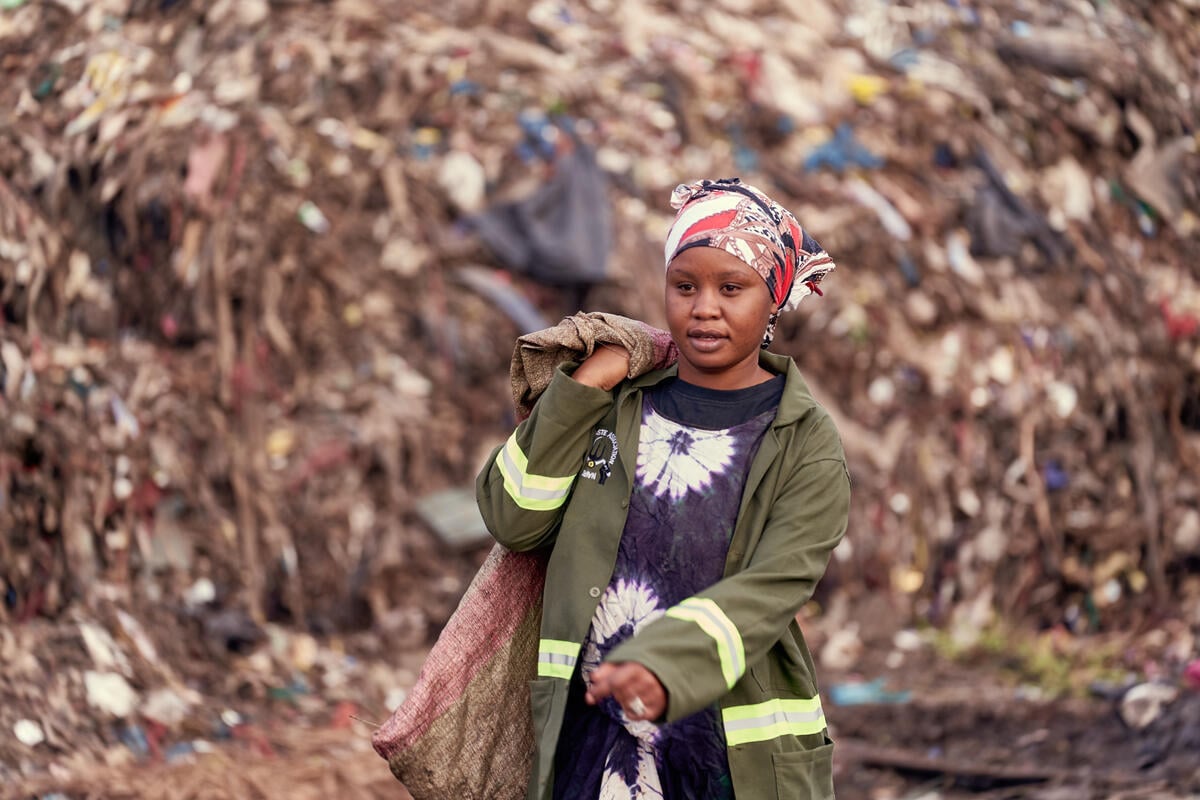Amsterdam, 18 May, 2015 – Ecological farming, a path towards an agricultural model that protects the environment and secures farmers’ livelihood, has been mapped out in a Greenpeace report released today [1]. It is a system based on the latest scientific innovations and produces healthy food while working with nature.
Governments in Europe and around the world must support and scale up innovative farming solutions by allocating appropriate funding to a modern and innovative ecological farming model.
Reyes Tirado, scientist at the Greenpeace Research Laboratories at the University of Exeter, says: “The future of Europe’s agriculture lies in the hands of ecological farmers and their families who are doing a crucial job for our society and need to get the urgently needed support to carry on. Politicians must act and shift subsidies towards ecological farming practices to meet people and farmers’ demand for healthy food and healthy farming.”
The report Ecological Farming: The seven principles of a food system that has people at its heart demonstrates that ecological farming: 1. empowers people, not the corporations, to be in control of the food they grow and eat; 2. benefits farmers in allowing rural communities to thrive; 3. produces enough food for all; 4. encourages (bio)diversity from seed to plate; 5. increases soil fertility; 6. enables farmers to control pest and weeds without chemical products; and 7. creates a food system resilient to changing climate conditions and unstable economies.
To upscale ecological farming and to demonstrate the practical implementation of these principles, Greenpeace works together with farmers and rural communities across Europe. In France, Greenpeace will call on people to help farmers and gardeners to produce, multiply and exchange their own seeds to end their reliance on seed-producing agribusiness. Greenpeace Greece supports farmers who cultivate local protein plants for feed instead of imported GMO soy. All farmers included in this project confirmed that ecological farming practices, without using chemical inputs, fertilizers or artificial irrigation, since local plants are well adapted to Greek climate, have increased their income and their production.
“The village of Hernádszentandrás in Hungary, holding an organic community farm project, is another successful example of how ecological farming can revitalize an economically weak region and empower not only the farmers, but the whole village and its’ citizens”, adds Balázs Tömöri, ecological farming campaigner at Greenpeace Hungary, who works closely with farmers to exchange knowledge and best practices.
Greenpeace launched an online platform to highlight the failures of industrial agriculture and invites people to counter the broken food system. Join the food movement through personal challenges.
ENDS
Notes to Editors:
[1] The report ‘Ecological Farming: The seven principles of a food system that has people at its heart’ is available here .
Contacts:
Reyes Tirado, Author of the report and Senior Scientist at the Greenpeace Research Laboratories, University of Exeter, UK, +34685322093, [email protected]
Christine Gebeneter, EU Communications Coordinator Ecological Farming, Greenpeace Netherlands, +31 62 11 00 49, [email protected]



